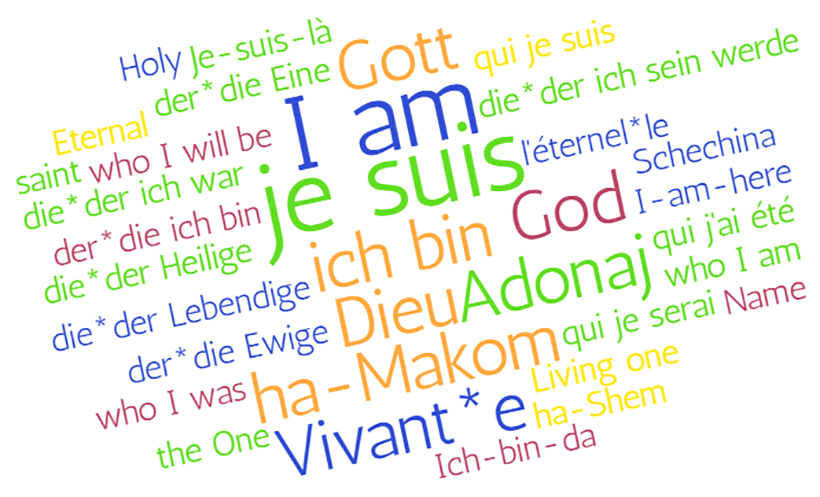The close connection between authoritarian theology and patriarchal images of God, liturgies, and language patterns on the one hand, and violence in churches, communities, families, and politics on the other, is a challenge for churches and congregations worldwide seeking to be credible peacemakers, concluded the more than 100 participants of this year’s Church and Peace international conference.
‘We decided to explore the topic “Images of God and Non(Violence)” in spite of — even because of — various crises today such as the advanced climate crisis, alarming political shifts to the right in many countries, and human rights violations along European (and other) borders’, chair Antje Heider-Rottwilm affirmed during the opening plenary of the 3–5 September virtual event.
She said Christians had a responsibility ‘to look at what underpins our problems and behaviours, and to account for that which sustains, inspires, encourages us — and, where applicable, unconsciously reinforces destructive structures even if that is not our intention’.
The participants, taking part from across Europe and beyond, explored manifestations of hierarchy, dominance, oppression, and violence — whether structural, spiritual, or personal. Heider-Rottwilm set a compass heading during the opening plenary: ‘We want to determine the extent to which religious traditions and attitudes are linked to violence, racism, and sexism; how images of God and language are connected; and how language opens up or dictates how we think’.
Heider-Rottwilm and fellow Board member Maria Biedrawa invited participants to a dialogue about the origins and development of their own images of God. ‘How do you imagine God? How did that come about? How has your image of God changed over the years? Has anyone ever told you about an image of God that shocked you?’, Biedrawa asked.
Striking was Biedrawa’s idea of God as a giant eraser, ‘which rubs around at the edges of our images [of God]’. She needed these different images to be reminded that each was only a snapshot, she said, but these snapshots were also signs of love from God, who wanted to walk with her in that moment, in that particular experience. And around the next bend was always something new, God the Other. ‘And this helps me — or challenges me — to be always evolving, always becoming new, becoming Other’.
In the closing worship service, Nicole Ashwood, programme executive for the Just Community of Women and Men programme of the World Council of Churches, made a passionate plea to take seriously the radicality of the biblical statement that God created human beings in his/her image and commissioned them to take care of the whole of creation. God is ‘an equaliser of all inequalities’, the theologian from Jamaica said. She stressed that all the differences between people are secondary, and the dignity of every human being and of all creation must be protected from destruction.
Ashwood invited Church and Peace to become part of ‘Thursdays in Black’, the global ecumenical campaign to end sexual- and gender-based violence, and thereby to take a stand week by week for a world free of violence.
‘There can be no discriminating hierarchy in a theology that places at the centre of its faith the conviction that all human beings are images of God. All such hierarchies and forms of discrimination are a challenge to be overcome by the theology, spirituality, and practice of nonviolence — and therefore also a challenge for Church and Peace’, Heider-Rottwilm stated at the end of the conference.
The conference served as a contribution to UN Security Council Resolution 1325 and other resolutions concerned with the protection of women, the prevention of violence, and the establishment of gender issues in all areas related to peace and security.
Conference 2021 Workshops:
Blessed in God’s Image: Radical Equality of Men and Women in Genesis 1–2 | Images of God – Nonviolence – Language | Patriarchy, Sexism, and the Churches | Anti-Racism: From Awareness to Action | Thursdays in Black – International Campaign against Gender-Based Violence | Sexualised Violence in Christian Communities | Violence against Women and Feminist Theology | Identity and Peace Building
Find conference and workshop presentations on the Church and Peace website:










